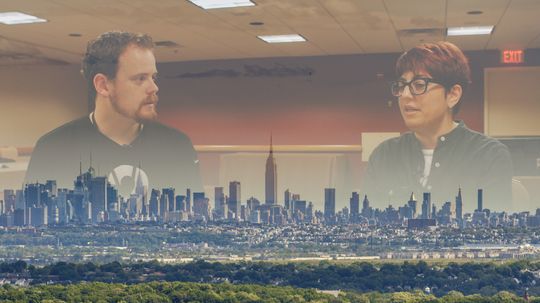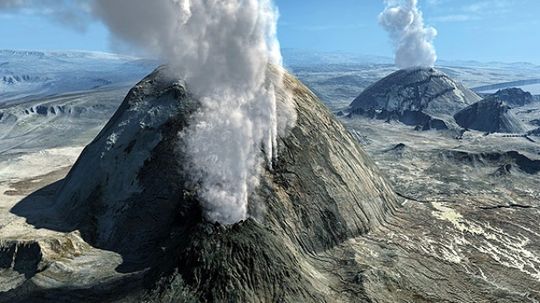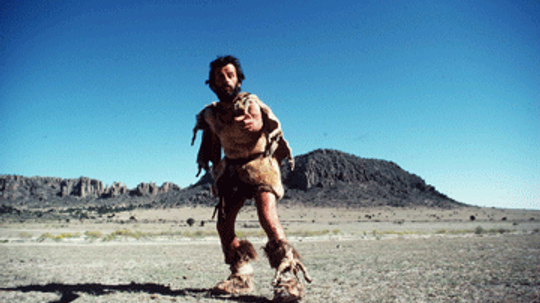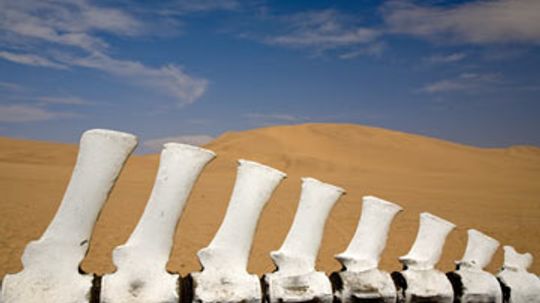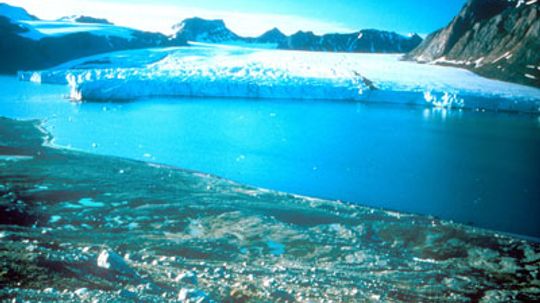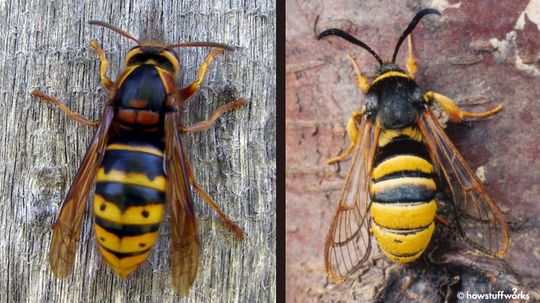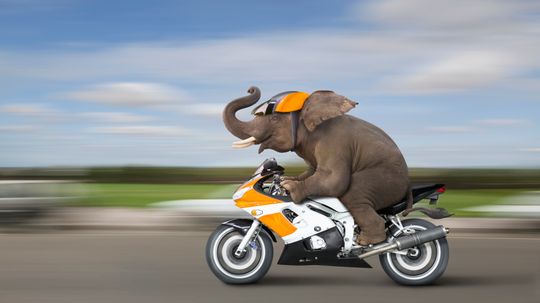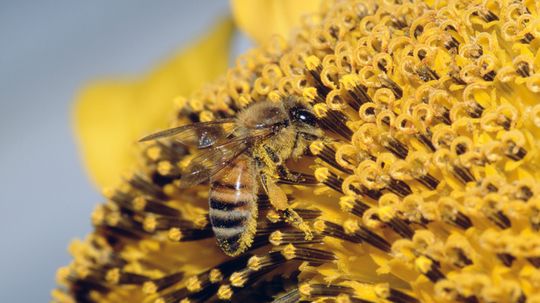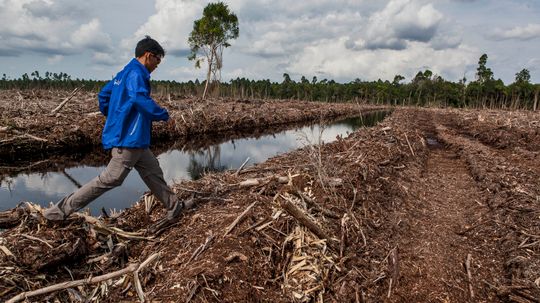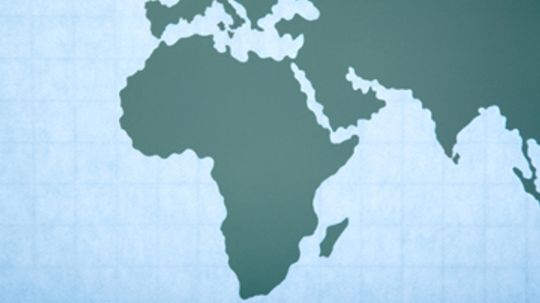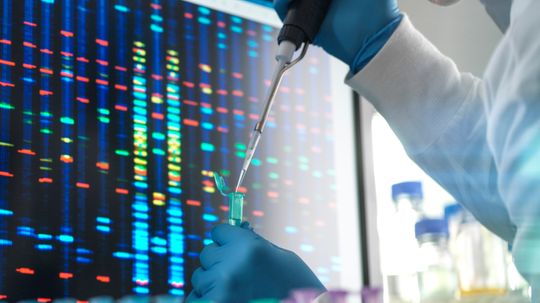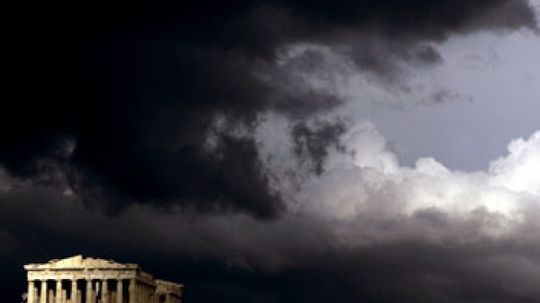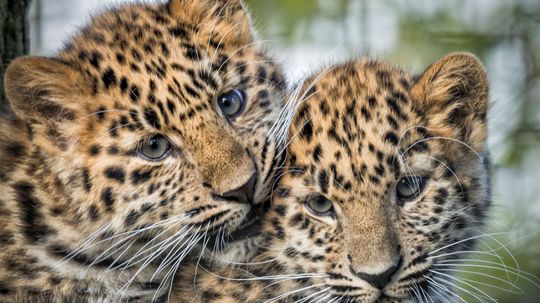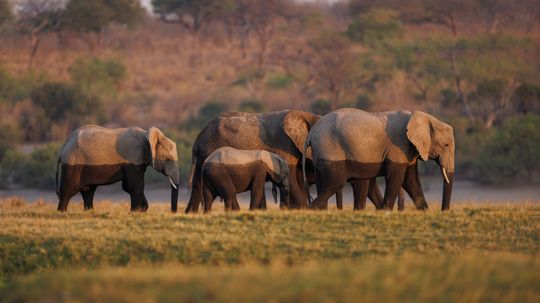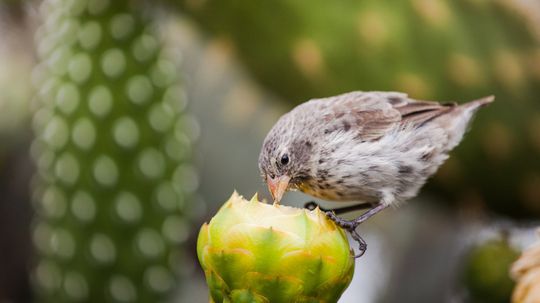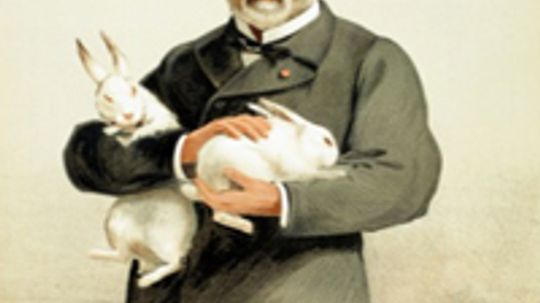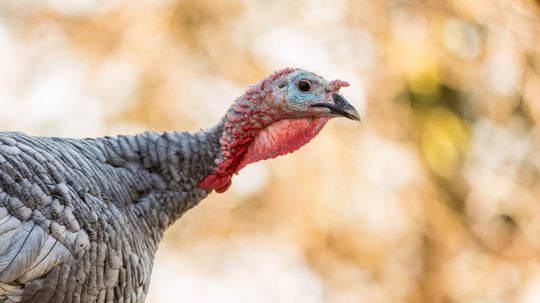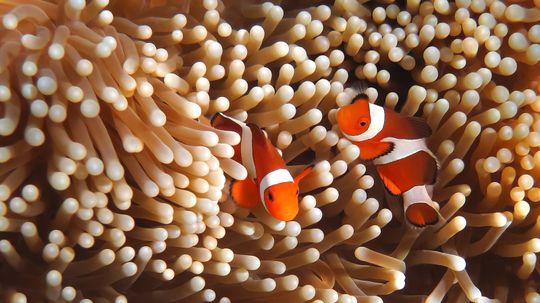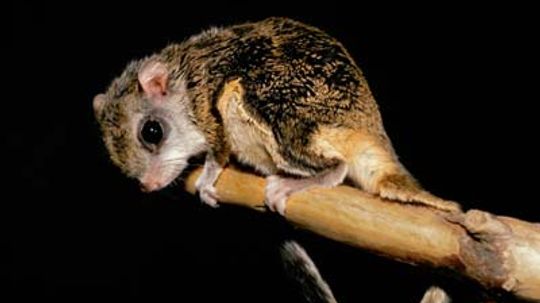Evolution
These articles explore evolution - the changes seen in the inherited traits of a population from one generation to the next. Evolution is one of the great mysteries of biology, since it is a slow process and difficult to study.

Why do people sing in the shower?

10 Bizarre Treatments Doctors Used to Think Were Legit

Ancient Egyptian Pregnancy Test Survived Millennia Because It Worked
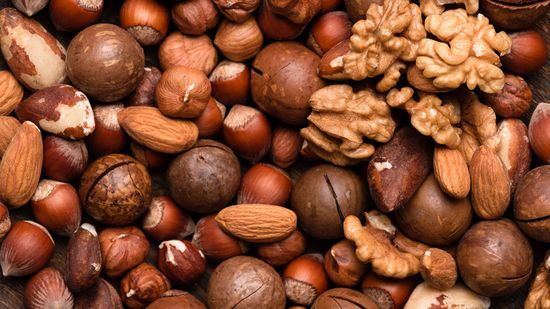
Can You Crack This Nuts Quiz?

The Science Behind Your Cat's Catnip Craze

Corpse Flower: When Nature Deceives

Hypertonic vs. Hypotonic Solutions: Differences and Uses

Your Phone Is a Germ Factory, So Stop Taking It to the Toilet
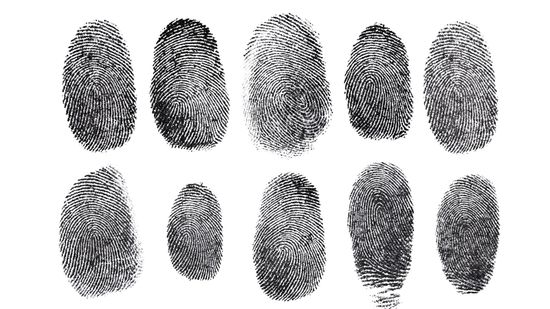
Why Even Identical Twins Have Different Fingerprints

The Tallest People in the World Share These Curious Qualities

Who’s Your Daddy? The History of Paternity Testing

What are the likely outcomes of mankind's new knowledge of the human genome?

Differences Between Pet Training and Animal Conditioning

What Is Shadow Work and How Does It, Well, Work?

Why can't we remember being babies?
Learn More
Author Annalee Newitz (Gawker Media's Gizmodo editor-in-chief) talks to us about Earth's 5 mass extinctions, as well as the possibility that we live in one right now.
When peering thousands of years into the future, there are certain things we can count on -- evolution, extinction, plate tectonics, climate change and, quite possibly, the eruption of a supervolcano. What else does the Earth's far future hold?
Let's assume that long ago Homo sapiens communicated by grunting at one another. How and when did all those grunting sounds evolve into a verb tenses, clauses and proper nouns?
Advertisement
Imagine a time in Earth's far-flung past when organisms didn't swim through the oceans or populate the lands. Even the mighty dinosaurs hadn't arisen. Will the planet ever return to that lifeless state?
By Robert Lamb
When a basketball superstar makes a 3-pointer, the multimillion-dollar paychecks go into his or her bank account. But why don't his or her parents get the glory? After all, didn't they provide the DNA that allowed for such incredible success?
We don't admit to breaking up with someone because of his looks, or that we've read our boss's private e-mails. We answer "fine" when someone asks how we are, even if we're not fine at all. Why is polite society all about the big fib?
A mass extinction on Earth is long overdue, according to population ecologists. Find out what Earth's fossil record may be telling us about our future.
By Josh Clark
Advertisement
Batesian mimicry is an evolutionary strategy used by vulnerable species to look like a dangerous species so predators will leave them alone. But it only works under the right circumstances.
Evolution is a never-ending process, but some scientists believe it might be speeding up as human activity impacts the environment.
By Bambi Turner
We're used to taking the phrase "survival of the fittest" to mean it's an "every man for himself" world. But some animals (like worker bees) sacrifice themselves to ensure their species lives on. Why would they do this?
By Dave Roos
If dinosaurs hadn't gone extinct, you wouldn't exist. Extinction may seem inherently bad, but sometimes the death of a species encourages new life.
Advertisement
Where did humans come from? How did they migrate throughout the globe? Thanks to a longstanding anthropological concept and an unexpected discovery, conventional wisdom on human migration may be irrevocably shattered.
By Josh Clark
According to DNA research, we may all have a common ancestor, an African woman who lived thousands of years ago. How did scientists reach this conclusion? Is it even possible?
By Josh Clark & Desiree Bowie
Depending on whom and when you ask, everything from same-sex smooching to punk music portends the end of Western civilization. Do any of these cultural commentators have a case?
By Robert Lamb
A new global report says 1 million species are at risk of extinction — the greatest number in human history.
Advertisement
You stub your toe, and it begins to throb almost immediately. You wince as the pain takes hold for a moment and you can't concentrate on anything else. But is some pain just in your head?
A society run by women doesn't have to be the mirror opposite of one run by men. What does a matriarchy look like, and is it possible you're already living in one?
As the human population soars, our ability to feed all those hungry mouths can't keep pace. How did an English economist by the name of Thomas Malthus wind up thinking about this very issue in the 19th century, and what's his connection to Darwin?
Every species on Earth, from the majestic humpback whale to the bacteria happily living in your gut, has a special role to play within a defined ecosystem. Can organisms ever trade their existing niches for new ones?
Advertisement
How did life on Earth begin? Theories abound, but one popular one posits that it started spontaneously from primordial ooze on our planet, while another holds that it literally came from outer space. Who's right?
By Josh Clark
Humans can certainly claim some of these, but sloths, giraffes and pandas wanted a piece of the action, too. The hyena adaptation, however, may just blow your mind.
Have you ever done something for someone else just because it was a nice thing to do? Do people perform unselfish acts because it feels good or is it just something society wants us to do?
By Josh Clark
Symbiosis is crucial to the survival of many species. In fact, you're a symbiote yourself.
Advertisement
When Australia became separated from the other continents, its species evolved in isolation. And yet, some of the Australian animals evolved in exactly the same way as the other animals in the world. How?
If wisdom teeth are so wise, why do they keep sprouting in the gums of people who don't need them anymore? Should a lack of wisdom teeth give you bragging rights as a highly evolved human?
